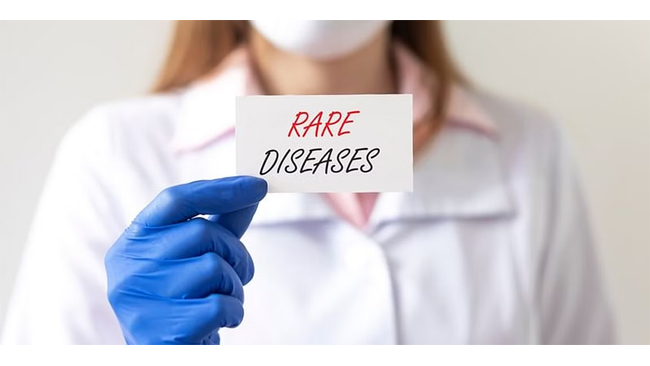
Jaipur, February 2024.
As
Rare Diseases Day approaches in February, healthcare experts are calling for a
comprehensive Rare Disease Policy as the need of the hour. According to the
World Health Organization (WHO), rare diseases typically affect fewer than 1 in
1,000 individuals, and in India, around 70 million people grapple with 450 rare
diseases, including the particularly debilitating Spinal Muscular Atrophy
(SMA).
Spinal Muscular Atrophy is a
rare genetic condition characterized by the progressive loss of motor neurons,
resulting in severe muscle weakness and potential life-threatening
complications.Patients with SMA have either no access to treatment or are left
with very limited options for cure. With thousands affected in India, raising
awareness, providing support, and implementing effective strategies for early
identification and intervention are crucial.
Despite the introduction of
the National Policy for Rare Diseases (NPRD) in 2021, specific challenges posed
by SMA persist. The NPRD aims to reduce the incidence and prevalence of rare
diseases through awareness campaigns, screenings, and counseling programs.
However, focused efforts are needed to address the unique needs of SMA
patients. The central government has established 11 Centers of Excellence (CoE)
across the country to assist with rare diseases through counseling, diagnosis,
management, and comprehensive multidisciplinary care. However, there are
challenges in navigating the registration process for patients, particularly
those from remote villages who face illiteracy and financial constraints.
Dr Priyanshu
Mathur, SMS Medical College, Jaipur emphasised, “The prompt
implementation of the National Policy for Rare Diseases is essential in our
country, as we have a large pool of patients suffering from rare diseases owing
to a high population. Oftentimes, these diseases are treatable if medical
intervention takes place promptly, emphasising the importance of early
diagnosis, tailored treatment plans, and a multidisciplinary approach to
address both the symptoms and underlying causes.”The policy implementation
faces additional hurdles, concerning the cost-effectiveness of interventions
for rare diseases in comparison to other healthcare priorities. Challenges
arise in determining how expenditures should be divided between the central and
state governments. These factors contribute to the complexities surrounding
policy execution.
Dr Ashok Gupta, Professor
of Pediatrics, Chief Rare Diseases Center SMS Medical College Jaipur stressed the
significance of a comprehensive approach to managing rare diseases,
particularly SMA Type 1. “The management of rare diseases needs a comprehensive
approach. For SMA patients, physiotherapy can help slow the progression of
atrophy and maintain strength and flexibility. Physiotherapists can also assist
patients with mobility aids like wheelchairs, braces, etc. Along with them,
Palliative Specialists can be helpful as they focus on symptom management, and
pain relief interventions. Dedicated nutritionists can help patients by
developing a dietary plan for them, based on their nutritional needs and
specific struggles. Through this multidisciplinary collaboration of nutritionists,
palliative specialists and physiotherapists, the quality of life of patients
can significantly improve. Along with this, access to diagnostics and treatment
needs to be improved. This can be achieved through categorizing well-equipped
institutions in the private sector as COEs.”
Rase diseases are
debilitating conditions that require immediate attention. A robust policy
framework, coupled with enhanced patient care, can offer hope, and alleviate
the immense burden borne by those living with these rare, yet devastating,
conditions.